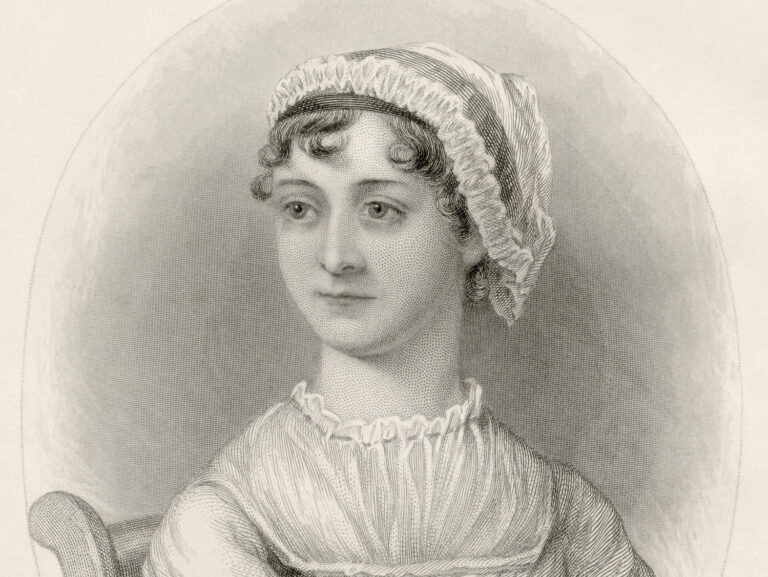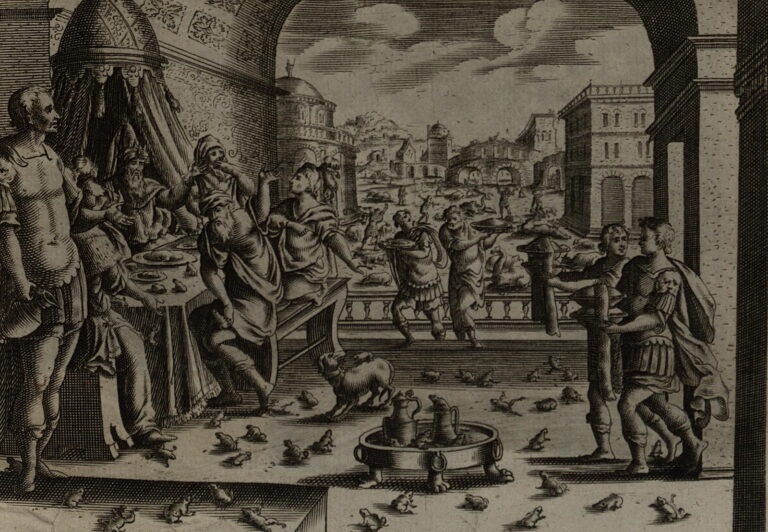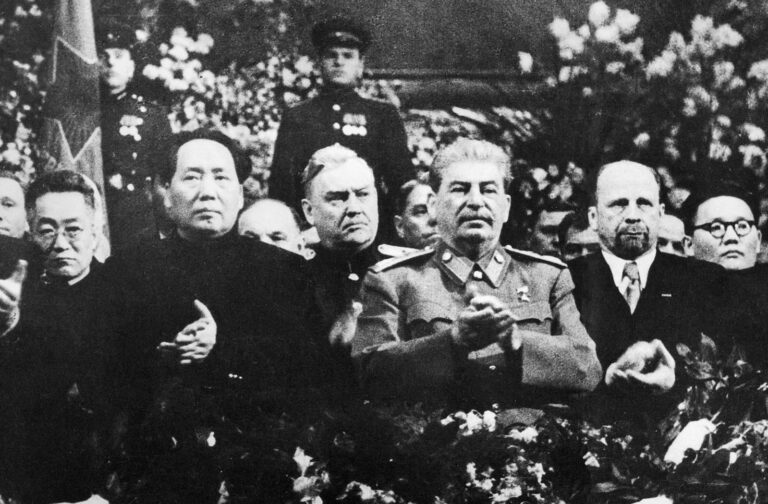Men without Chests
C.S. Lewis was one of the greatest professors and scholars of literature in the twentieth century. He was also one of the foremost Christian apologists. His books reveal profound insights about our time—that it has both great opportunity and great danger. Lewis does this perhaps most clearly in The Abolition of Man, a book that is a bridge between his academic and popular writings.
In Dr. Arnn’s introductory lecture to “An Introduction to C.S. Lewis: Writings and Significance,” he notes that The Abolition of Man is both brief and profound. Indeed, it consists of only three chapters: “Men without Chests,” “The Way,” and “The Abolition of Man.” To understand the whole book, there is only one argument we must grasp.
Lewis begins by discussing a literature book for children that was written by two “practicing school-masters.” In that literature book, which Lewis calls The Green Book, the authors—whom Lewis gives the pseudonyms Gaius and Titius—teach “students that their sentiments are unimportant and arbitrary.” In other words, “the things they like or dislike, the things they admire or are repelled by,” those things are arbitrary and unimportant. Lewis proves if we follow that to its logical conclusion, humanity itself will be abolished, thus the title of his book.
The authors, whether intentionally or not, are destroying the foundation of morality, of good and evil, of justice and injustice, of beauty and ugliness.
To illustrate their point, in chapter two of The Green Book, Gaius and Titius repeat a well-known story of Samuel Taylor Coleridge at a waterfall. Coleridge says that he overhears two tourists using adjectives to describe the waterfall. One of them says the waterfall is pretty and the other says it is sublime. Coleridge is disgusted with the former and approves of the latter.
Gaius and Titius claim that the tourists think they’re saying something about the waterfall but they’re really only saying something about their own feelings. The Green Book thus denies that there is any real connection or relation between our feelings and things outside of ourselves.
How does this lead to “men without chests”?
If we teach the young, which is whom The Green Book is for, that there is no such thing as beauty or ugliness, or justice or injustice—that those are merely feelings inside of them and don’t correspond to anything real—then we have lost our way because we won’t have this “chest of high desire” to lead us toward the right things and coordinate between our reason and our needs. Dr. Arnn observes that “if the waterfall is not sublime, then how can anything be good, because good is just a sentiment.”
Both Lewis and the classics believe there are different parts of the human soul, and one of those parts is spiritedness. Spiritedness is the part of the soul that makes us angry when our sense of right is offended. It’s the source of our righteous indignation, when we rise up to defend something we think is worthy and good. In Lewis’s metaphor, it’s the chest.
Hence, Lewis ends his chapter titled, “Men without Chests” with the following:
In a sort of ghastly simplicity we remove the organ and demand the function. We make men without chests and expect of them virtue and enterprise. We laugh at honour and are shocked to find traitors in our midst. We castrate and bid the geldings be fruitful.







